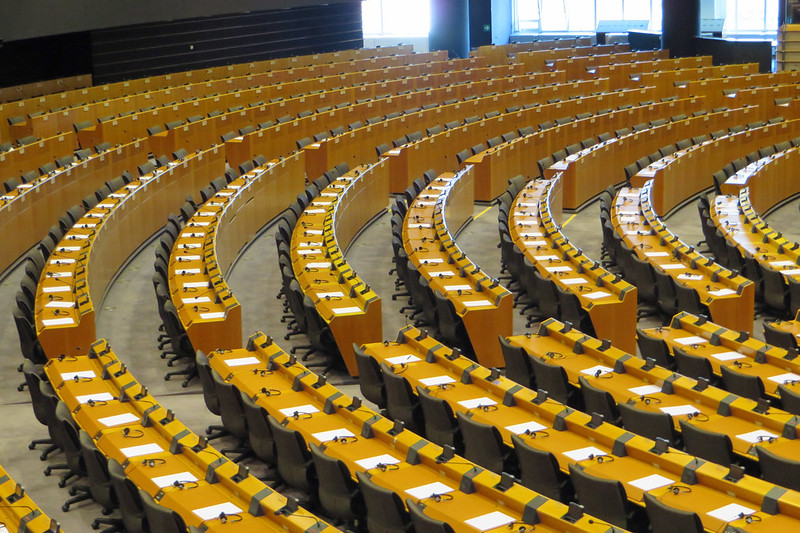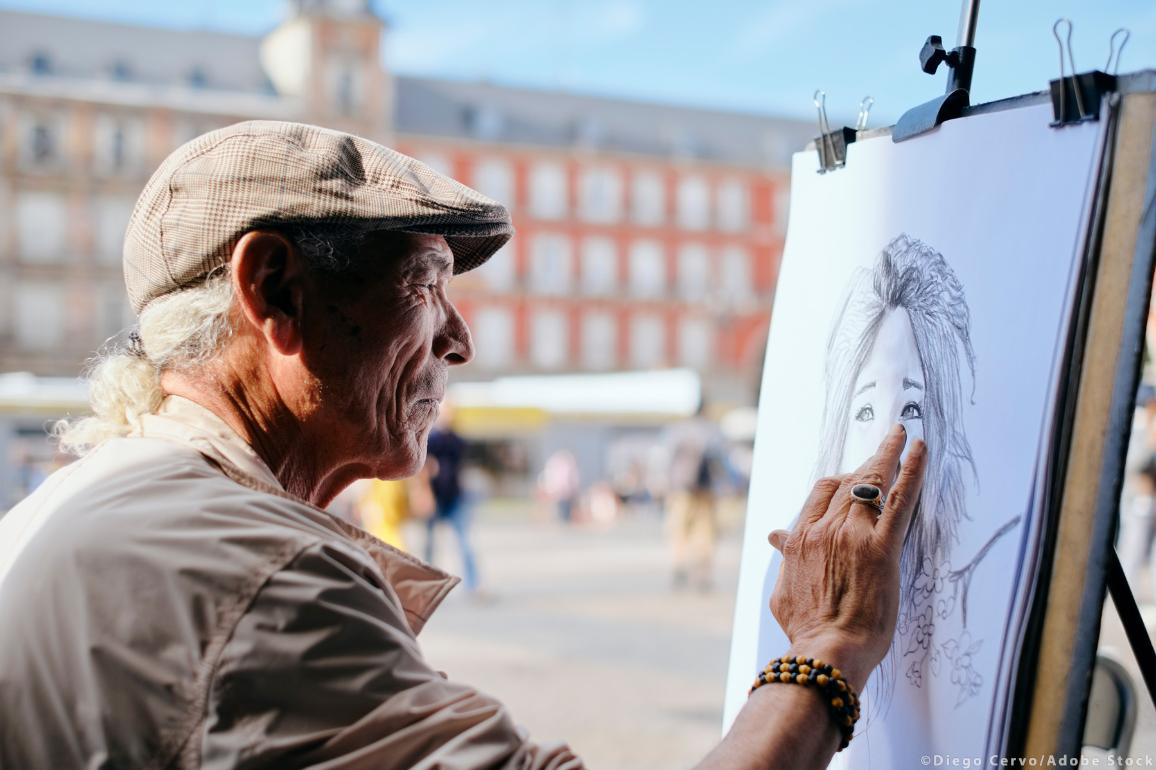--------------------------------------------------------------------------
SPECIAL COVERAGE - CREATIVES UNITE
The Creatives Unite platform features stories and interviews with artists, culture, and creative professionals from various countries in the EU. The platform highlights the shared challenges they face and how mobility, cooperation, and integration can strengthen cultural, artistic, and creative production.
Read
-------------------------------------------------------------------------
--
The Parliament's Committee on Culture and Education and Committee on Employment and Social Affairs adopted a legislative report calling for a new EU directive to tackle issues like unpaid work, insecure contracts and gaps in social protections affecting the cultural sector. The non-binding report, approved by a wide margin, marks the first time the Parliament has formally requested EU-level laws to address poor working conditions for creative professionals. It argues that highly mobile, cross-border work in the arts faces particular challenges from inconsistencies between countries in areas like employment status, social security and artists' rights.

Specifically, it pushes for a binding directive ensuring decent pay and employment rights across the bloc. It also advocates bolstering the exchange of best practices and funding conditionality to incentivize fair compensation. Quoting the report, "The work in the cultural field is often characterised by high cross-border mobility, while at the same time, there is no easy portability of social security entitlements."
The proposal advocates a new EU directive on decent work conditions and employment status for these workers. It also pushes for a platform to share best practices on improving conditions and tying EU funding to adhering to social obligations. The Parliament will vote on the proposal in November. The Commission then has 3 months to take action or explain the refusal. This initiative follows previous Parliament calls since 2021 for common definitions and minimum social standards for artists and cultural workers across the EU. The proposal advocates a new EU directive on decent work conditions and employment status for Cultural workers.
A turning point

The arts advocacy network Culture Action Europe, which has long campaigned for EU-level worker protections, called it a "momentous turning point" in securing concrete improvements for precarious creatives. With EU elections upcoming in 2024, momentum continues to build to address this issue affecting millions working in culture and the creative industries across member states. Though substantial work remains, this is a milestone vote that keeps focus squarely on the EU taking responsibility for its artists and culture sector in an era when Cultural and creative production is at the heart of economic development, technological innovation and environmental transformation










